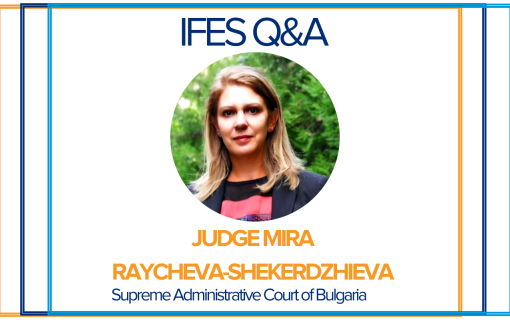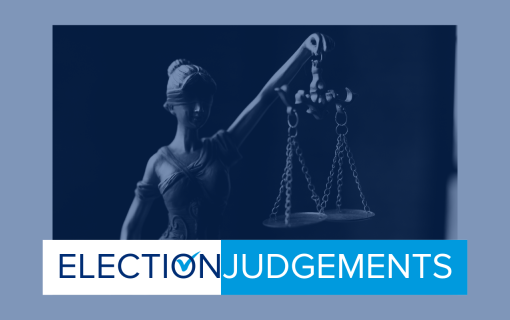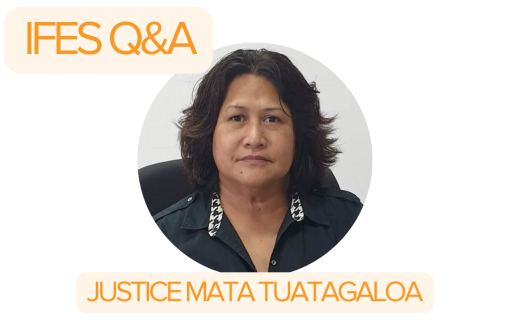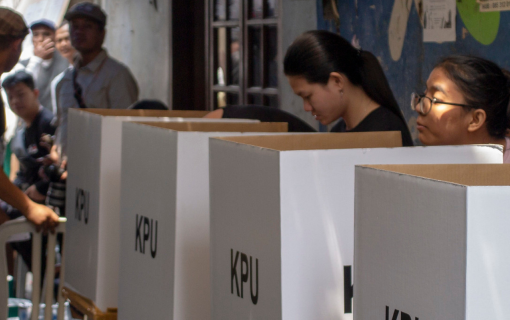 Katherine
Ellena
Vice President for Programs
Katherine
Ellena
Vice President for Programs
The credibility of elections, acceptance of election results and stability of the election environment increasingly hinge on the effective resolution of disputes and violations throughout the electoral cycle. An effective electoral dispute resolution (EDR) system can provide a means of redress for violations of electoral rights and a mechanism for remedying flaws in electoral processes. Effective EDR strategies also can go a long way to help to minimize political instability and/or election-related violence, and assist peaceful government transitions. IFES supports electoral justice and EDR systems with decades of technical expertise to:
- Ensure the compliance of EDR systems with international and regional public law obligations.
- Refine the rules of procedure underpinning EDR systems.
- Promote effective and fair investigation and arbitration processes by training investigators, prosecutors, judges and election officials.
- Connect election judges in peer networks.
- Advance public awareness and understand of electoral justice.
- Refine alternative dispute resolution practices.
- Support technical observation of EDR processes and hearings.
- Develop appropriate case management systems to handle claims in a timely and effective manner.
Research into the acceptance of election results suggests that both the rules that are in place to govern an electoral process, and the public’s experience with the institutions and individuals administering those rules, are important to overall perceptions of an electoral process and outcome. Hence, the way electoral disputes are handled can be as important as the final outcome of these disputes.
Explore our resources linked here to learn more and get involved.











